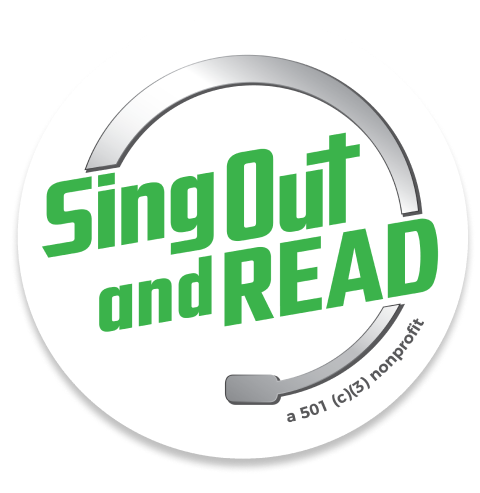A Reading Riddle
Struggling students are everywhere, but why does Hillsborough County have so many of them?Just weeks into the new semester, Hillsborough County School Board member Lynn Gray showed up to help in a classroom.
Among the 18 third-graders being taught by a long-term substitute at Sulphur Springs K-8 School, not one could read the sample questions to prepare for the state test they would take this month.
They could not string together three or four words, Gray, a teacher for 27 years, told fellow board members on Feb. 19.
“They could not read the multiple choice answers," she recalled. "What we have is a crisis.”
The numbers back her up.
Tens of thousands of Hillsborough school kids struggle to read, according to state testing data. Despite mountains of research and years of trial and error. Despite well-intentioned programs and millions of dollars spent.
Only half the Hillsborough students who took the state's reading test last spring passed it. Nearly a fourth scored in the lowest possible range, Level 1. That might mean they read too slowly to work their way through a long exam. Or, in the most extreme cases, they cannot read the word R-E-A-D.
District leaders acknowledge the severity of the problem. Since last fall, many of them have been meeting as a large literacy work group, and plans are in the works to commission an outside audit of the district’s programs and practices.
Officials are quick to note that reading scores are poor in many places across the state and nation, not just Hillsborough. And they are correct.
However, no district has more schools on Florida’s “persistently low-performing” list than Hillsborough. District schools make up more than a quarter of the list, a much poorer showing than bigger, urban systems. And year after year, Hillsborough has nearly 40 schools on another list — the state’s 300 lowest schools in reading.
To better understand Hillsborough’s reading problem, the Tampa Bay Times interviewed nearly 100 teachers, administrators, literacy experts and students.

